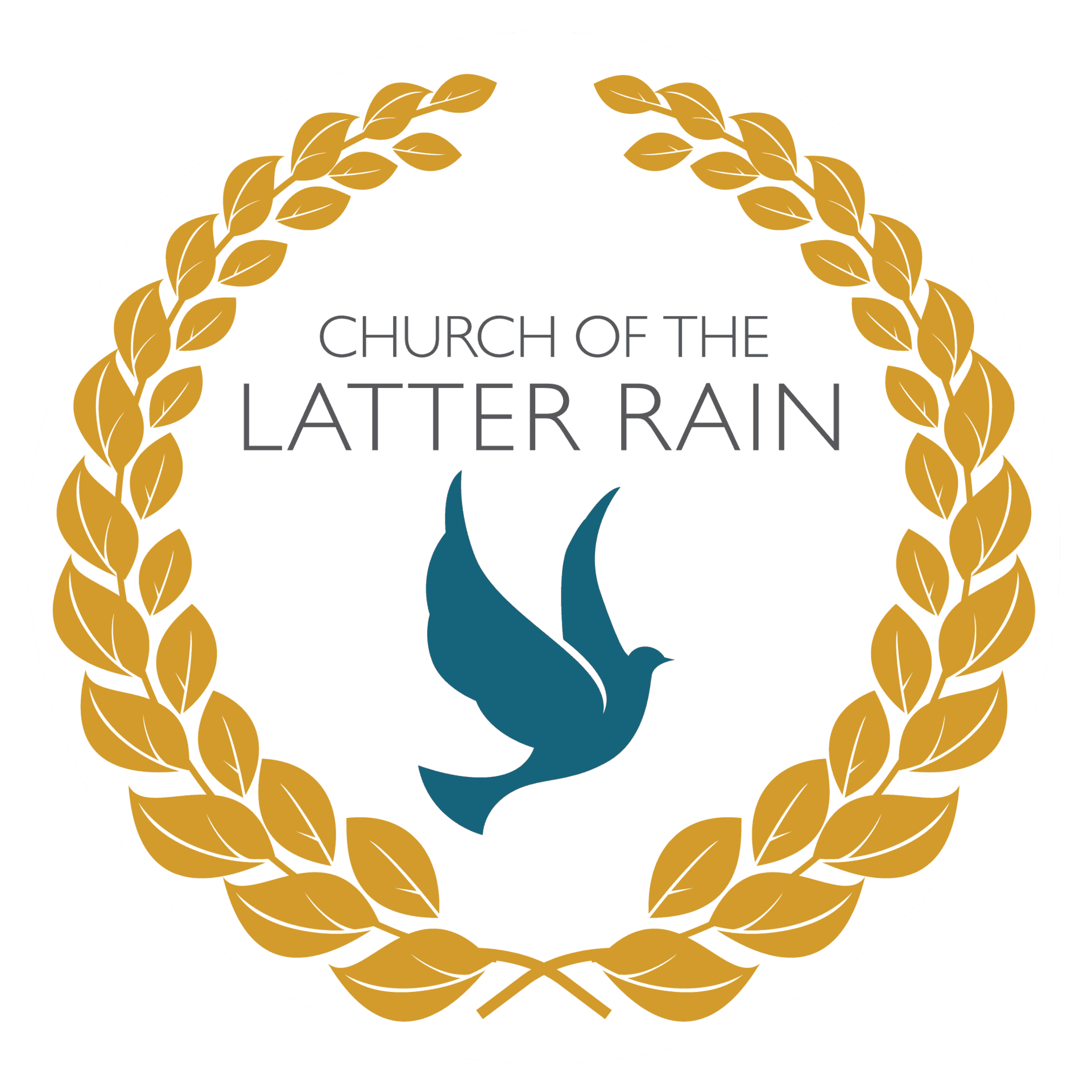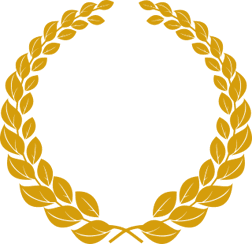Evolution vs. Biblical Creation
The introduction to Genesis ascribes everything to the living God, creating, making, acting, moving and speaking. Learn the truth about how man was created.
Evolution A theory explaining the appearance of life on earth and the process by which living things have acquired their present form. In the Mid-19th Century the British naturalist Charles Darwin proposed his theory of evolution which has formed much of the basis of modern biology. From the point of view of biologist, the problem of evolutionary origin of man is only one of many problems, of mammalian evolution, for, in his physical structure and physiological functions, man falls within the biologist’s definition of mammal and may be presumed to be the product of an evolutionary process believed to have occurred with other groups of mammals. Opposition to the concept of evolution as a whole was due to the influence of the Biblical story of creation. But opposition also arose because of the scientific evidence adduced by taxonomists (the science of classification) the species are clear-cut and sharply defined and usually do not interbreed with other species. Darwin’s hypothesis of organic evolution involved consideration of man’s relationship to the lower animals; and the implied conclusion that if man is the product of an evolutionary process then he is not a unique and special creation. Taxonomic classification includes man as a member of the Order Primates (any member of the most highly developed order of animals, composed of man, the apes, monkey, etc.) Geology and astronomy indicates that during the early history of the earth, high temperature and other factors precluded the existence of any form of life and that of living organisms, therefore, must have first appeared at some definite epoch (an arbitrary date, era, age), within the past 3 billion years. However, the theory of evolution is concerned solely with the development of higher forms of life from the first organism, and makes no attempt to explain the origin of life. Mechanism of evolution: If it is true that all life evolved from a simple form, and that every cell comes from pre-existing cell, the necessity for a mechanism of inheritance is oblivious. Evolutionary scientific giants such as: Darwin, Wallace, and Lamark, their study and research of the evolution of man are at best a theory and worse, speculation. Their research documents are sprinkled with such statements as “Darwin’s theory” or “Wallace’s theory”, “It is presumed”, “It is reasonable”, “It is implied”, “If it is true that”, etc. A theory is nothing more than a systematic statement of principles, a mere conjecture, or guess. Creation God’s Creating of the World, something Original or the origin of all (life) things. Genesis is the foundation on which Divine Revelation rests and on which it is built up. It is not only the foundation of all truth, but it enters into, and forms part of all subsequent inspiration. The Book of Genesis is quoted or, referred to many times in the New Testament: Matt: 19 4-6; Matt. 24:37-39; Luke 11:51; Luke 17:26, 29, 32; John 8:39; Acts 7:1-18. The introduction to Genesis ascribes everything to the living God, creating, making, acting, moving, and speaking. There is no room from evolution without a flat denial of God’s Word. One must be true, the other false. All God’s works were pronounced “good” seven times (Genesis 1:4, 10, 12, 18, 21, 25, 31). Man starts from nothing, therefore, all his works proceed on the principle of evolution. The principle is seen only by humans as “from the tree (apes) to the cave (cavemen); from the hut to the palace; from the canoe to the oceanliner, etc.” The birds build their nests today as at the beginning. The moment we pass the boundary line, and enter the Divine sphere, no trace or vestige of evolution is seen. There is growth and development within, but no passing change, or evolution out from one into another. In the introduction to Genesis, forty-six times everything is ascribed to direct acts on the part of God as the Creator.
- God Created- 6 times (Gen. 1:1, 21, 27; Gen. 2:3)
- God Moved- 1 time (Gen. 1:2)
- God Said- 10 times (Gen.1:3, 6 ,9 ,11 ,14, 20, 24, 26, 28, 29)
- God Saw- 7 times (Gen. 1:4, 10, 12, 18, 21, 25, 31)
- God Divided- 2 times (Gen. 1:4, 7)
- God Called- 5 times (Gen. 1:5, 8, 10)
- God Made- 7 times (Gen. 1:7, 16, 25, 31; Gen.2:2, 3)
- God Set- 1 time (Gen. 1:17)
- God Blessed- 3 times (Gen. 1:22, 28; Gen.2:3)
- God Ended- 1 time (Gen. 2:2)
- He Rested- 2 times (Gen. 2:2,3)
- He Sanctified- 1 time (Gen. 2:3)






